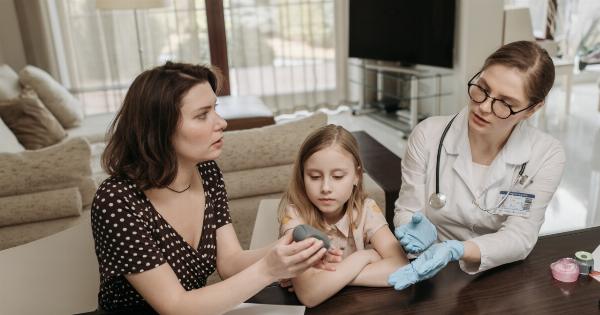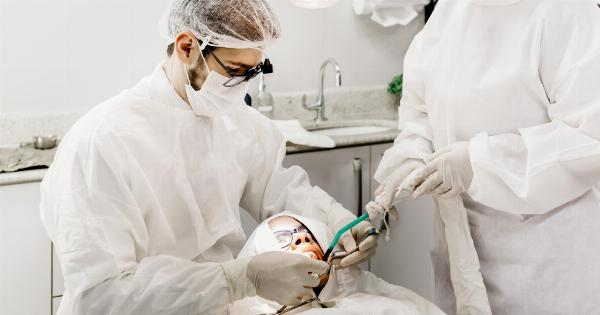Medical errors are a reality in healthcare, and they happen more often than most people would like to believe.
In fact, according to a report by the Institute of Medicine, one out of every 12 patients experiences some form of medical error during their hospital stay.
What Are Medical Errors?
Medical errors are preventable mistakes that can occur at any stage of healthcare delivery. These errors can include:.
- Administering incorrect medication or dosage
- Misdiagnosis or delayed diagnosis
- Surgical errors
- Inhospital infections
- Equipment failure
- Communication breakdowns between healthcare providers
Why Do Medical Errors Happen?
Medical errors can happen for a variety of reasons. Some errors occur due to negligence or inadequate training, while others are the result of miscommunication or misinterpretation of medical information.
Factors that contribute to medical errors include:.
- Understaffing or overworked personnel
- Distractions or excessive workload
- Poor communication between healthcare providers and patients
- Lack of standardized procedures or protocols
- Faulty equipment or inadequate training
What Are the Consequences of Medical Errors?
Medical errors can have serious consequences for patients, including:.
- Prolonged hospital stays
- Long-term disability or even death
- Incurring additional medical expenses
- Emotional trauma for patients and their families
Medical errors can also have financial consequences for healthcare providers and institutions. Medical malpractice lawsuits can result in hefty financial penalties and reputational damage.
How Can Medical Errors Be Prevented?
Preventing medical errors requires a multifaceted approach. Some strategies that can help reduce the incidence of medical errors include:.
- Implementing standardized procedures for medication administration, surgical protocols, and other healthcare practices
- Encouraging healthcare providers to speak up if they notice potential errors or safety hazards
- Improving communication between healthcare providers and patients
- Investing in additional training and education for healthcare personnel
- Adopting emerging technologies that can help improve patient safety and reduce medical errors
What Can Patients Do to Protect Themselves?
Patients have the right to expect safe and effective healthcare. There are steps patients can take to protect themselves, including:.
- Asking healthcare providers about their experience and qualifications
- Checking medication labels and dosages before taking them
- Making a list of medications, allergies, and medical history to bring to appointments
- Asking questions about potential side effects or risks associated with treatments
- Reporting any concerns or potential medical errors to healthcare providers immediately
Conclusion
Medical errors are an unfortunate reality in healthcare, but they can be prevented. Healthcare providers, institutions, and patients all have a role to play in reducing the incidence of medical errors and promoting patient safety.
By working together, we can help ensure that everyone receives the safe and effective healthcare they deserve.






























